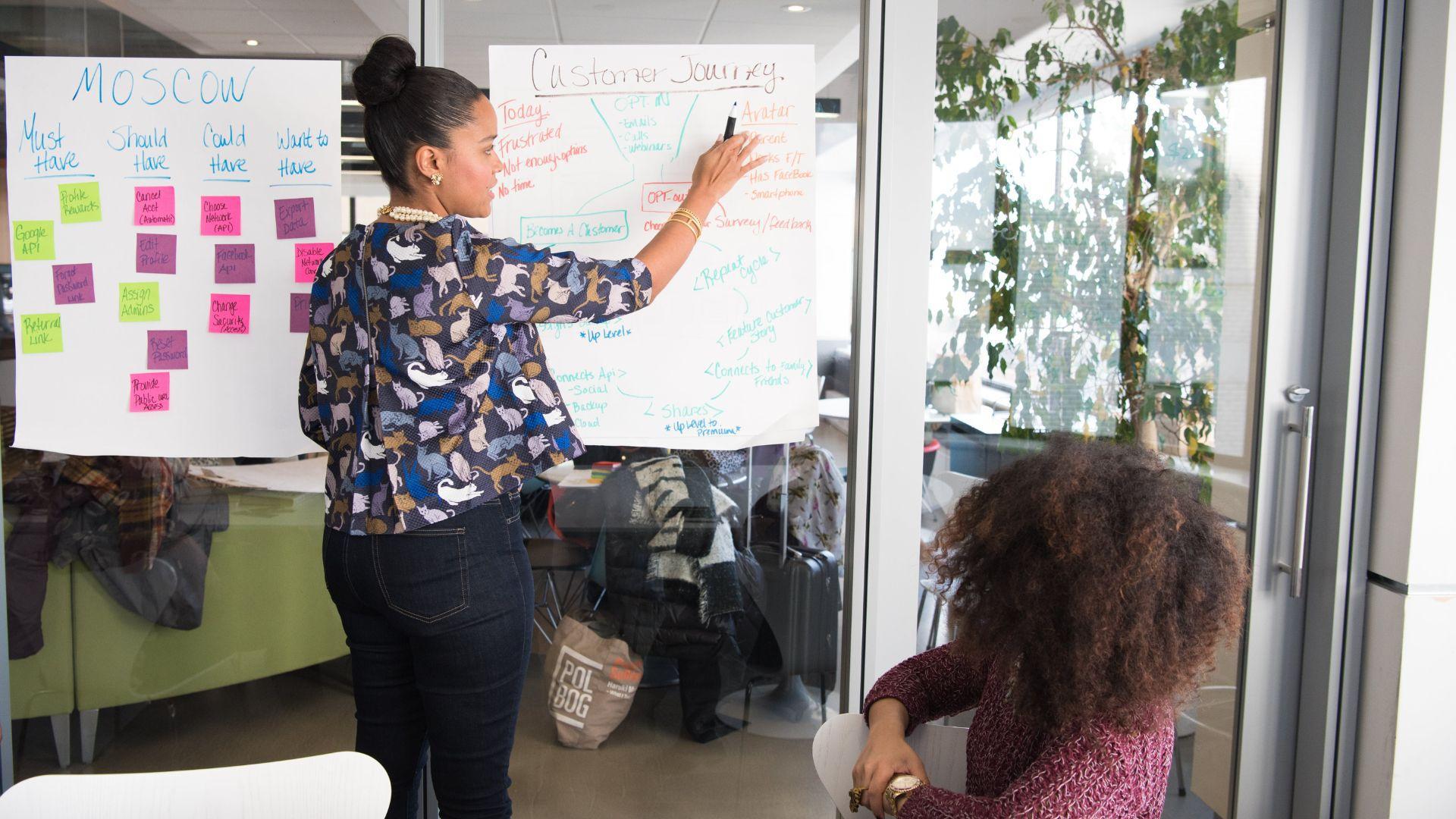Over half this demographic expressed a willingness to leave jobs that hinder their enjoyment of life. This sentiment reflects a broader change in how younger generations view the balance between work and personal happiness.
The 2022 Randstad Workmonitor report reveals a significant shift in workplace attitudes among young adults, particularly in Gen Z, aged 18 to 24.
A New Perspective on Work Satisfaction

The survey indicates a notable trend among Gen Z workers: 40% would choose unemployment over remaining in an unsatisfactory job.
This statistic highlights a growing emphasis on job satisfaction and personal fulfillment in the workplace, challenging more traditional notions of job security and career progression.
Prioritizing Personal Life Over Work

The survey shows that 40% of Gen Z and Millennials have quit jobs that conflicted with their personal lives, a rate higher than the 33% average across all age groups.
This data suggests a significant change in how younger generations view the balance between their professional and personal lives, prioritizing the latter more than previous generations.
The Top Work Priorities for Young Employees

Young employees place the highest value on having a fulfilling work experience that accommodates their personal life.
About three-quarters of Gen Z respondents consider their work a crucial aspect of their lives, yet they try to find a harmonious balance with their personal lives.
The Importance of Aligning Personal Values

The survey reveals that 43% of respondents across all demographics would avoid joining a company whose social and environmental values do not align with their own.
Furthermore, 41% would not work for an organization that does not focus on promoting diversity and inclusion. This is a clear example of the importance of value alignment in employment decisions.
Seeking More Than Just Financial Compensation

While financial compensation remains important, employees are increasingly looking for additional benefits. In the past year, only 22% reported receiving improved benefits like additional time off or better health care.
However, 33% received a raise or opportunities for training and workplace development, indicating a desire for a more holistic approach to employee compensation.
Flexibility in Work Location and Hours

The survey indicates a strong preference for flexible working conditions, with 75% of employees valuing flexible work locations and 83% prioritizing flexible hours.
However, only a quarter of employers currently offer both remote work options and flexible scheduling, pointing to a gap between employee desires and employer offerings.
Professional Growth and Self-Improvement Opportunities

Employees also express a strong desire for opportunities that support their professional growth and self-improvement.
Of respondents, 88% show interest in participating in learning and development programs, and 60% seek education on financial advancement. Despite this demand, only 25% report that their workplace offers such training and development opportunities.
Addressing the Challenges of The Great Resignation

The phenomenon known as The Great Resignation indicates a growing disparity between the desires of the workforce and the realities of their employment conditions.
This trend is particularly pronounced among younger employees, who are actively seeking changes in their work environments.
Understanding the Needs of Today’s Workforce

The survey highlights a shift in employee expectations, with young workers prioritizing factors beyond financial compensation.
They seek roles that respect their personal lives, align with their values, and offer opportunities for personal and professional growth, challenging employers to rethink their traditional employment models.
Gen Z and Millennials Reshaping the Workforce

Gen Z and Millennials are at the forefront of a movement toward better work-life balance.
Their approach to employment is not just about finding a job but about finding experiences that enrich their lives both inside and outside the workplace. This generational shift is influencing how employers approach employee engagement and retention.
Adapting to Changing Workforce Demands

The workforce is undergoing a significant transformation, driven by young employees who redefine what it means to work.
They are not solely focused on financial gain but seek jobs that provide fulfillment, flexibility, and opportunities for growth. The challenge for the modern workplace is to adapt and meet these evolving demands to retain and attract this new generation of workers.
